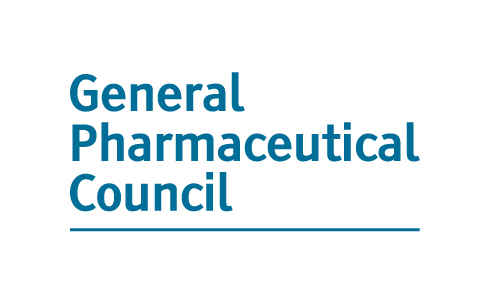What's it like to complete an independent prescribing course?
)
Anna Matthews found it was well worth fitting an independent prescribing (IP) course into her hectic schedule, despite the challenges along the way
I recently completed the IP course at Cardiff University. It was a whirlwind six months of hard work, and now that I’m out the other side, I thought I’d share my experience in case it helps others either going through it now or thinking about applying in the future.
I’ve wanted to become an IP since I qualified almost six years ago, so I was excited to finally have the opportunity to do so. Our first two study days outlined what we would be achieving over the next six months. I was eager to start but also felt slightly overwhelmed by the prospect of what we would have to complete in that time. Other than a full-time job, I didn’t have any commitments, so I was lucky to have my evenings and weekends free to work on the course. But even I was a bit apprehensive of how insurmountable the workload seemed in the time given.
In the first month or two, it was not uncommon to find me panicking that I’d never get it all done, sitting at my laptop being thoroughly unproductive, trying to make a start on my therapeutic framework, but going off on tangents and down wormholes of totally unnecessarily in-depth topics. Then, bleary-eyed and astonished to find it was 9pm, I felt my dog bashing me with his nose to walk him and realised it was my turn to make dinner. The fact I hadn’t meant my partner was disgruntled with me for ignoring him.
Don’t be me in that first month! I probably lost weeks stressing over things that turned out fine in the end. My point is that yes, there is a lot of time and effort that needs to be put into this course, but you don’t need to give up your life for six months to get it done, and working incessantly until late at night is not productive.
Once I’d calmed down a bit and made an action plan, I immediately did almost nothing for a whole month over Christmas – except the onslaught that is festive community pharmacy. I bitterly regretted it in January and then hopped back on the productivity train. I felt a bit of the old panic again, as I was behind on my portfolio, having not done any formative or summative patient assessments or structured clinical assessments, and the deadline – 27th March – felt a lot closer this side of Christmas. But I plodded on, working a little bit in the evenings and on weekends, creating to-do lists and ticking them off, and I managed to do it all just fine.
The course itself was interesting and engaging, and I thoroughly enjoyed the study days. The clinical aspects were fascinating, the governance – for me – either boring or terrifying, but nevertheless important. Depending on who you do your course with, the platforms used for the coursework can be – how to put this nicely – not very user friendly. You won’t be the first one to be frustrated or confused, so ask your course administrators or any contacts you have who have been through it to help you.
One of the things I was most nervous about was the objective structured clinical examinations (OSCEs). I was shaking like a leaf walking in. So in the lead-up to them, I made a few crib sheets for the different patient assessments that might happen and read through them every night for a few weeks. I practised on my partner, my family and strangers – even enlisting the help of some unsuspecting guests staying in the chalet with us on a ski holiday in March the week before the OSCEs.
Writing down all the documentation and red flags for each system really helped too. I would also recommend creating a consultation plan and writing it out when you’re in the OSCEs station to keep you focused on what you have to cover. Most importantly, be friendly and involve the patient in every step. We love a patient-focused consultation – shared decision-making is the flavour of the month, after all!
And don’t forget that as healthcare professionals, most of us have lots of these types of conversations every day as part of the common ailments scheme (CAS) or patients asking for advice. It’s not alien to us; it’s just slightly unknown territory when you’re doing it as a prescriber.
The part I found the hardest was finding a designated prescribing practitioner (DPP) to take me under their wing before I could even apply to the course. However, once I’d found her, I also found managing to fit the requisite 45 hours of time with her into our busy schedules challenging.
I found trying to cover all of the parts of the portfolio I had to complete by the deadlines hard too. The other 45 hours I could spend with any qualified prescriber, and I would suggest reaching out to any you know to ask if you can spend some time with them. I am extremely grateful to all the IPs I spent time with. I think it’s important to see how the service differs between healthcare settings, and also how different people deliver it.
Getting dates in the diary right at the start for my time in practice across the six months was very helpful. My employer was incredibly supportive of the time I needed off to attend the study days and my time in practice with the DPP. It’s worth checking with your employer about how they can accommodate this.
Book the time well in advance and it won’t hurt to plan for more than 90 hours in practice in case of emergencies. Making a plan with my own deadlines and to-do lists for the days I spent with my DPP, such as gathering information for the clinical log or performing formative respiratory assessment, also helped me. It can be hard to plan what to cover on those days, as you can’t know what will come through the door, but having some structure and aim to each session, even if they had to be tweaked depending on what patients presented with, definitely made things easier for me.
In addition, I increased the likelihood of seeing patients presenting with urinary tract infections (UTIs) by asking my DPP and the GP practice she worked in to mark any of these patients for the attention of my DPP on the days I would spend with her, which also helped me.
Finally, it really helped to book an hour of protected time in with my DPP where she would have no patients to see. I could run through any patient assessments that I couldn’t undertake in real life and she could sign me off on them. I did this twice so that my formative and summative assessments could be signed off. I would suggest bribing a member of staff to be your guinea pig or roping in a family member.
Overall, doing the IP course was a lot of work, but really interesting and incredibly useful. I feel a lot more confident in my ability to be a prescriber now than I did last September. It is hard but it is also very worth it. Here’s hoping I can put it into practice!
Anna Matthews is pharmacy manager at Avicenna Pharmacy in south Wales

)
)
)
)
)
)
)

.png/fit-in/500x500/filters:no_upscale())
)
)
)
)
)
)
)
)
)
)
)
)
)
)
)
)
)
)
)
)
)
)
)
)
)
)
)
)
)
)
)
)
)
.png/fit-in/1280x9999/filters:no_upscale())
)
)
)
)
)
)
)
)

